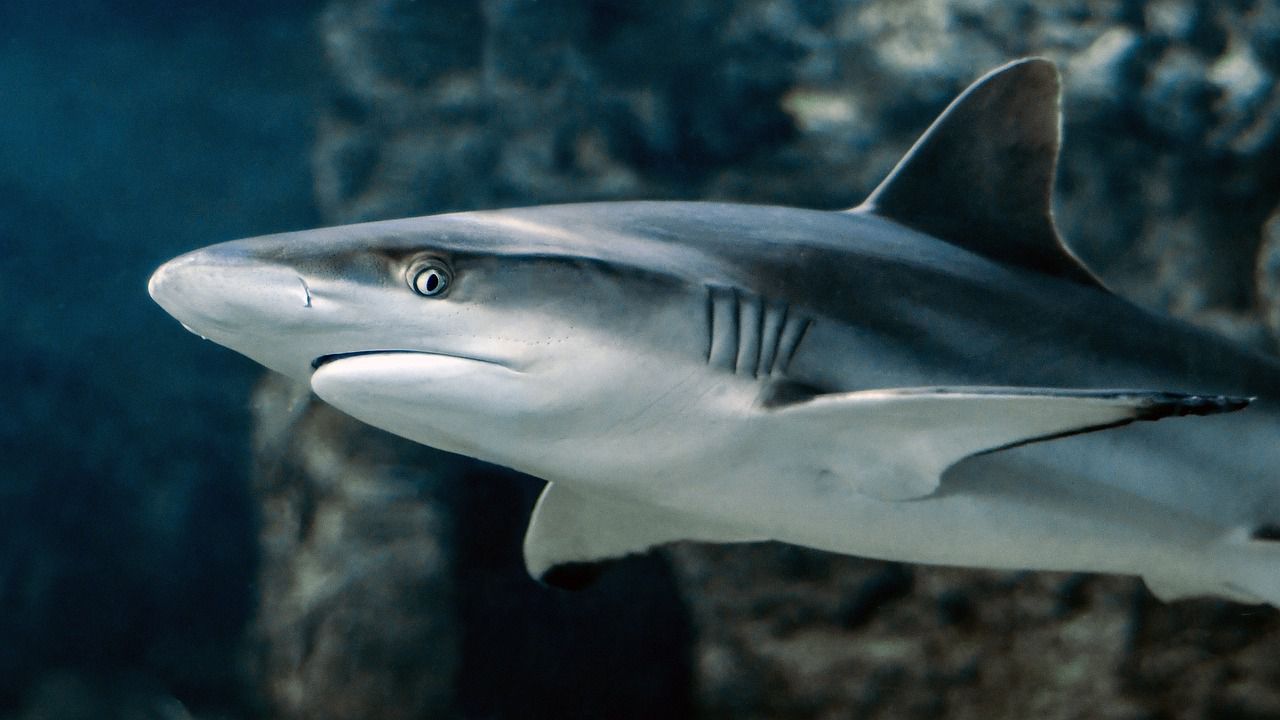Sharks are often misunderstood, and their portrayal in the media sometimes exaggerates the risk they pose to humans.
While it's true that some shark species can be potentially dangerous, the likelihood of a shark attacking a human is very low.
Several factors contribute to the infrequent occurrence of shark attacks.
Sharks' Natural Behavior
Sharks are apex predators and are an essential part of marine ecosystems.
They primarily feed on marine animals like fish and seals, which are their natural prey.

Humans are not a normal part of their diet.
Unpredictability
Shark behavior can be unpredictable, and they may investigate or bite unfamiliar objects out of curiosity.
These exploratory bites are often not intended as a predatory attack on humans.
Avoidance Behavior
Sharks generally avoid humans and prefer to keep their distance.
They have highly developed senses, such as keen eyesight, acute smell, and specialized receptors to detect electromagnetic fields, which help them identify potential prey.
Protection Efforts
Conservation efforts have been put in place to protect sharks and their habitats.
This has helped maintain healthy shark populations, which in turn reduces the likelihood of desperate or abnormal behavior that could lead to attacks.









